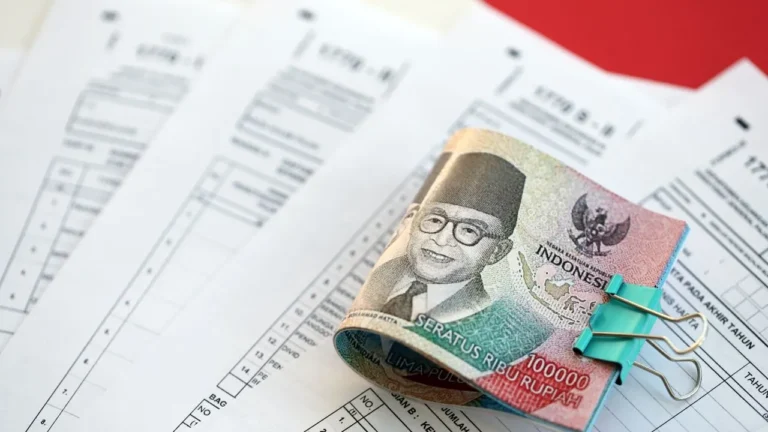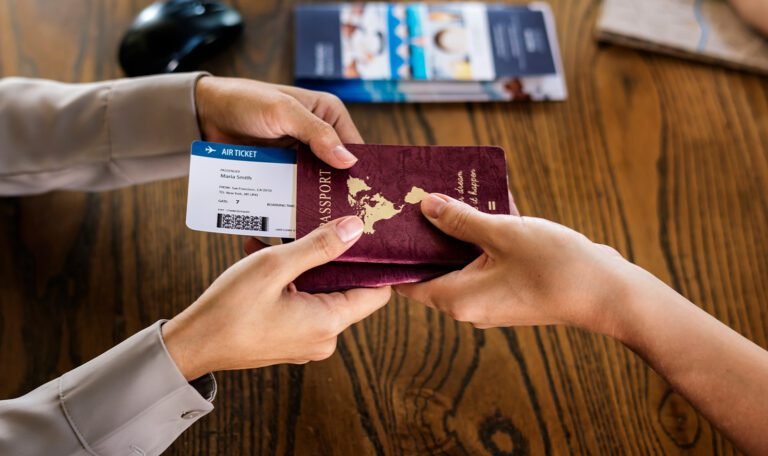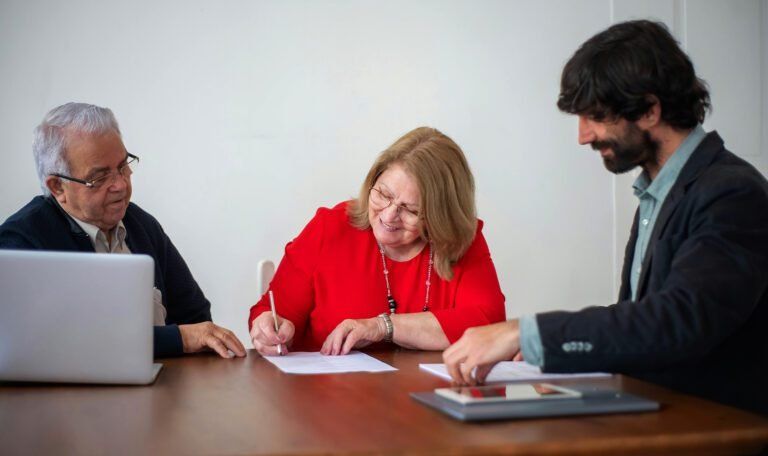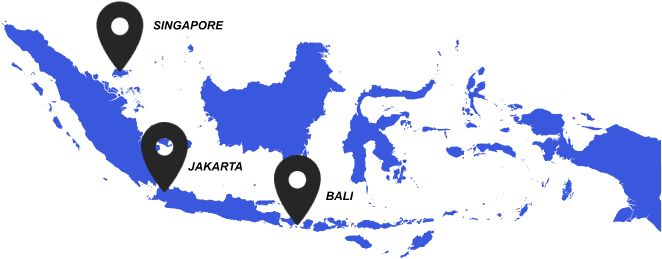Table of Contents
ToggleGood news or bad news? The recent announcement of new rules for Foreign Direct Investment in Indonesia under BKPM Regulation No. 5 of 2025 has, as usual, left the situation in a grey area.
While the regulation highlights a capital reduction to IDR 2.5 billion for PMA, which may appear to be good news on paper, the reality of the law is more nuanced and introduces new complexities for investors.
This article dissects the critical updates within the new regulations, specifically addressing the paradox of the unchanged IDR 10 billion Minimum Investment Value alongside the lower IDR 2.5 billion Paid-Up Capital threshold.
We explain how this change introduces a more ‘realistic’ entry point for investors who intend to invest in Indonesia, yet simultaneously maintains a high commitment barrier that can deter startups.
We also clarify the strict new principles governing Paid-Up Capital, including the 12-month lock-up period, and detail the revised rules on how different sectors (such as construction versus property management) account for land and building costs in the investment total.
Ultimately, we emphasize that while administrative procedures may be clearer, the overall foreign investment landscape remains complex and requires expert advisory support.
This is why ILA Global Consulting is here. Over the past years, we have built a strong reputation by helping hundreds of international clients navigate the country’s legal, tax, and investment frameworks with precision and care.
Our team’s blend of deep local knowledge and international best practices ensures compliant, strategic solutions. It makes us a trusted advisor for anyone building a sustainable presence in Indonesia.
What is the New Concept of Investment Value and Paid-up Capital?

The regulation introduces 2 different concepts. The paid-up capital and the minimum investment value. Based on this regulation, the minimum investment value remains unchanged at IDR 10 billion. In other words, Indonesia still requires companies to promise an investment of IDR 10 billion.
Despite this promise of investment, the regulation itself requires and introduces the new concept of paid-up capital at IDR 2.5 billion. This discrepancy raises a practical concern: the high IDR 10 billion minimum commitment continues to function as a significant barrier.
This policy potentially discourages start-ups and serious business angel investors who often prefer the minimal initial capital requirements found in hubs like Singapore or Hong Kong (where initial investment can be as low as USD 1).
Key Terms for New Foreign Direct Investment Rules
| Term | Definition |
|---|---|
| Foreign Direct Investment (FDI) | An investment made by a company or individual from one country into business interests located in another country. |
| PT PMA | Perseroan Terbatas Penanaman Modal Asing (Foreign-Owned Limited Liability Company). The legal entity that foreigners must establish for direct investment in Indonesia. |
| Minimum Investment Value | The total financial commitment a PT PMA must promise for a project, which remains unchanged at IDR 10 billion. This excludes land and building costs in most sectors and is a prerequisite for obtaining a license. |
| Paid-Up Capital | The amount of money or assets legally injected into the company by shareholders. The new regulation reduces this initial cash threshold for PT PMA to IDR 2.5 billion. |
| 12-Month Lock-up Period | A strict new principle requiring the paid-up capital (IDR 2.5 billion) to remain in the company’s account for a minimum of 12 months, except for use in legitimate operational activities or asset purchases. |
Registering a Company in Indonesia Has Never Been Easier
Setting up a business abroad can be challenging, as it involves numerous documents, laws, and regulations that investors need to consider. Luckily, the process will be a breeze, and we’ll provide you with expert advice on which business structure and setup best fit your needs.
Reach out to the ILA Global Consulting team today to set up a free consultation or read more about the company registration process.
What Are the Paid-up Capital Principles?

The paid-up capital is defined in the regulation as the capital that investors have to:
“Placed/paid-up capital as referred to in Article 26 paragraph (6) cannot be transferred from the business entity’s account for a minimum period of 12 (twelve) months from the date of placement/deposit, except in the context of purchasing assets, building construction, and/or business entity operations.”
This paid-up capital is now supposed to remain with the company during the first 12 months, except in cases where it may be removed to face administrative sanctions.
“The provisions for placed/paid-up capital cannot be transferred from the business entity’s account for a minimum of 12 (twelve) months from the date of placement/deposit as stated in intended on paragraph (1), is carried out in the form of a commitment in the form of an independent statement by the Business Actor when submitting a PB application via the OSS System.”
This notion of paid-up capital appears, at first glance, to deter investors from Indonesia. However, as is often the case, it doesn’t seem to be worth more than the previous regulation and will not significantly change the Indonesian foreign investment policy.
Key Terms for Paid-Up Capital Principles
| Term | Definition |
|---|---|
| Commitment Statement | A mandatory independent statement/commitment that the Business Actor must submit via the OSS System when applying for a Business License (PB), confirming adherence to the 12-month lock-up period. |
| PB Application | Perizinan Berusaha (Business License) application submitted through the OSS System, during which the director makes the commitment statement regarding the paid-up capital. |
Does the IDR 10 Billion Investment Value Now Include Land and Buildings for My Sector?

Indonesia has introduced a new concept of investment value, whereas other countries employ the authorized capital concept. This notion of investment value is intended to convey to investors that they must initially invest at least 2.5 billion.
Still, we aim to ensure that they will invest at least 10 billion or more per location and per project. Depending on the company’s activity, the land and building are still excluded from the investment value. For some sectors, this approach may be sensible, while for others, we will not attempt to understand the logic.
However, the good news is for those who can now count the land and building as part of the investment:
- Property management, including construction, sales, and/or rental;
- provision of short-term and long-term accommodation;
- agriculture;
- plantation;
- livestock; and
- aquaculture.
For example, a construction company cannot include land and buildings in its investment value. While we can understand that food and beverage may not be considered part of the investment, the decision to construct is quite surprising.
What Do These New Regulations Change for Investors?
In short, this regulation will not change, as for now, the investment in Indonesia will certainly not attract more investments and investors. It probably clarifies some administrative procedures in OSS, KKPR, etc, but will definitely not change reports and procedures.
Companies still have the same reports to fulfill and more documents to sign before the incorporation. Immigration still requires IDR 10 billion in value to apply for an investor KITAS. Investors who are already in Indonesia, this doesn’t change your situation, and others are still facing the same interrogations.
The new regulations on Foreign Direct Investment in Indonesia present a paradox: a lower barrier to entry (IDR 2.5 billion paid-up capital) coexists with a persistent high commitment (a minimum investment of IDR 10 billion).
Navigating this nuanced policy, understanding the 12-month lock-up period, and correctly calculating investment values across different sectors is crucial for securing your business.
Do not allow the complexity of these new rules to create legal uncertainty or deter your investment. Expert local guidance is essential to ensure your commitment aligns perfectly with Indonesian compliance requirements.
You need a partner with deep expertise to guide you through the intricacies of the new investment framework and ensure your PT PMA is established, capitalized, and operated correctly from day one. Contact ILA Global Consulting today for personalized advice on the new capital rules and a compliant setup.























